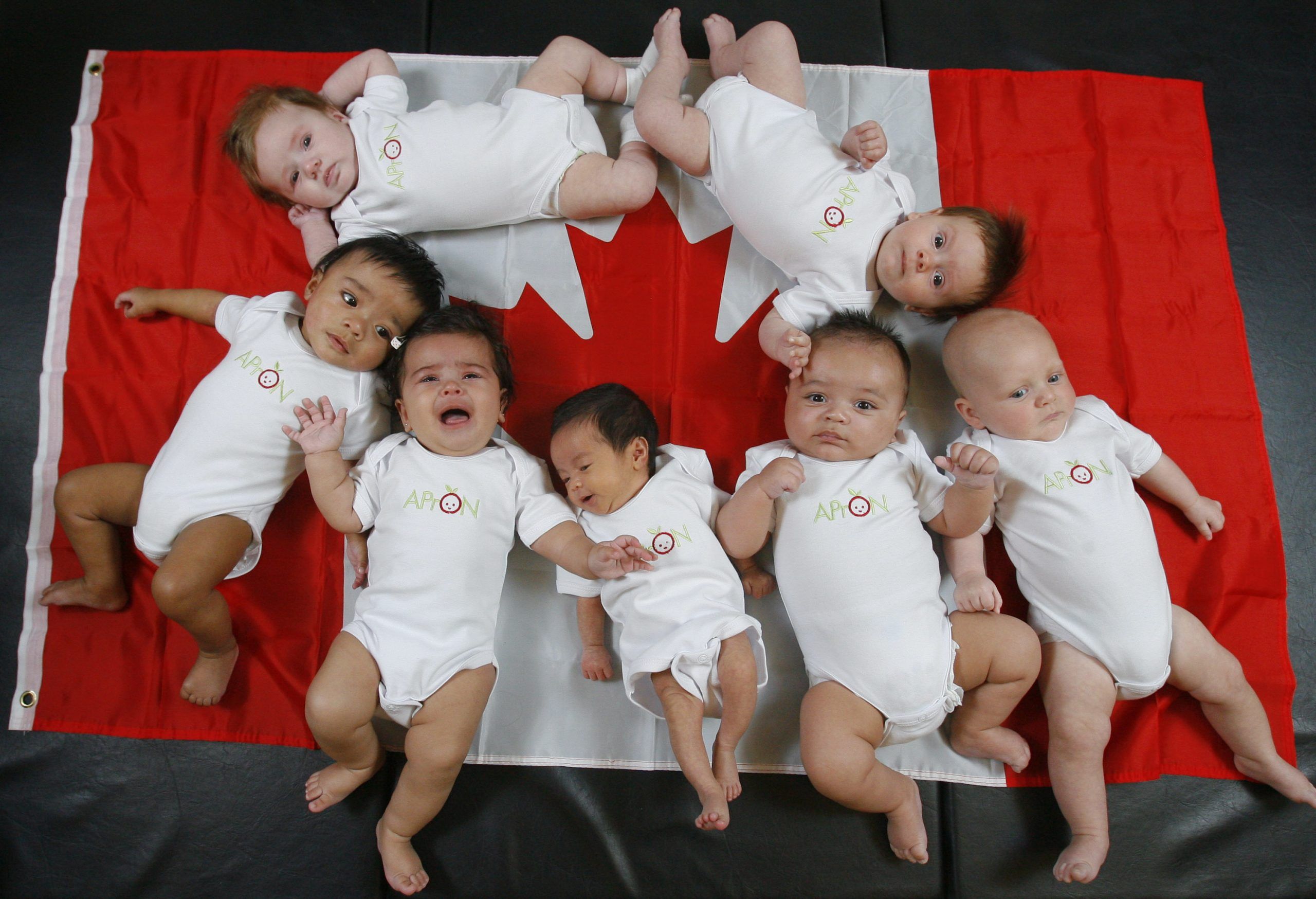Statistics Canada confirmed last week that 351,679 babies were born in 2022 — the lowest number of live births since 345,044 births were recorded in 2005.
The disparity is all the more notable given that Canada had just 32 million people in 2005, as compared to the 40 million it counted by the end of 2022. In 2005, it was already at historic lows for Canada to have a fertility rate of 1.57 births per woman. But given the 2022 figures, that fertility rate has now sunk to 1.33.
…
Of Canadians in their 20s, Statistics Canada found that 38 per cent of them “did not believe they could afford to have a child in the next three years” — with about that same number (32 per cent) saying they doubted they’d be able to find “suitable housing” in which to care for a baby.
…
A January survey by the Angus Reid Group asked women to list the ideal size of their family against its actual size, and concluded that the average Canadian woman reached the end of their childbearing years with 0.5 fewer children than they would have wanted
“In Canada, unlike many other countries, fertility rates and desires rise with income: richer Canadians have more children,” it read.



Much of that regret comes from cost pressures, not the actual existence of the children. Even if you can “afford” children, having to have both parents work full time to afford them doesn’t make it easy to actually raise them.
If one parents was SAH and money still wasn’t a problem there would be far fewer regrets.
Well, yeah, it’s not saying that people hate their kids. LOL
According to the same survey the article linked to, people are less happy when they have more kids (than ideal) vs having fewer kids (than ideal). It doesn’t say that cost pressures are a main factor.
If you look at the reasons why people don’t want kids (original survey linked in the article), then you could assume that those same factors explain why people having regrets. No opportunity to grow as a person, the time commitment, less freedom, the derailment of their career, etc. (per the survey results).
A different study said that:
" Older parents with minor children still at home are less happy than their empty nest contemporaries by about 5 or 6 percentage points. And … Both men and women report less personal happiness and less happy marriages when there are minor children around the house."
But I suppose happiness and regret can be different for each person. Having a child grow up to be a successful, contributing member of society would probably make parents happy.
I’d say that the vast majority of parents aren’t in that situation, though. They not only have to continue to support their child into adulthood, but they never had a chance to develop personally because their child was never independent enough. I can see how that would cause a lot of regret for older parents.